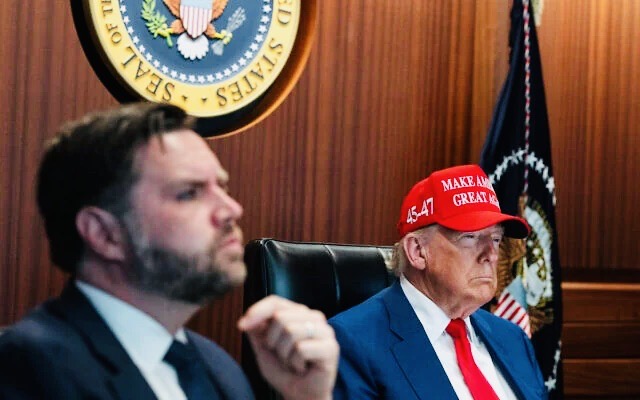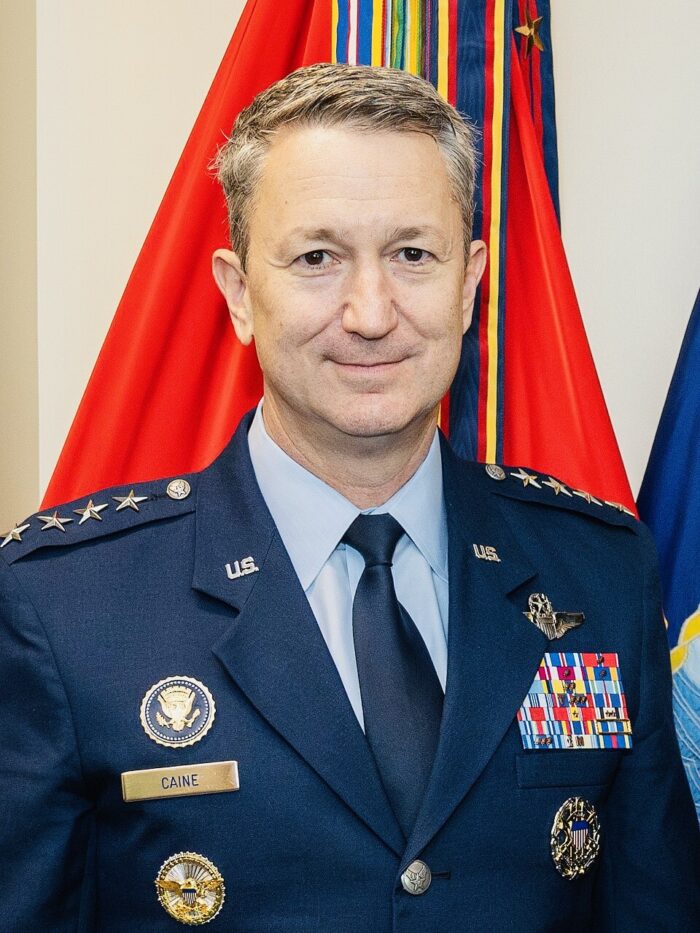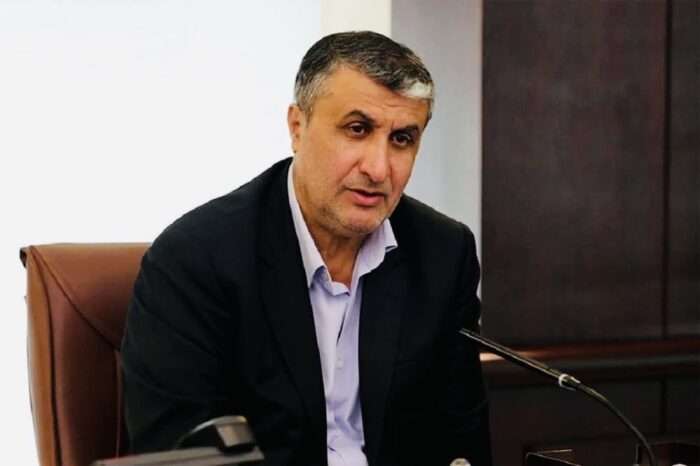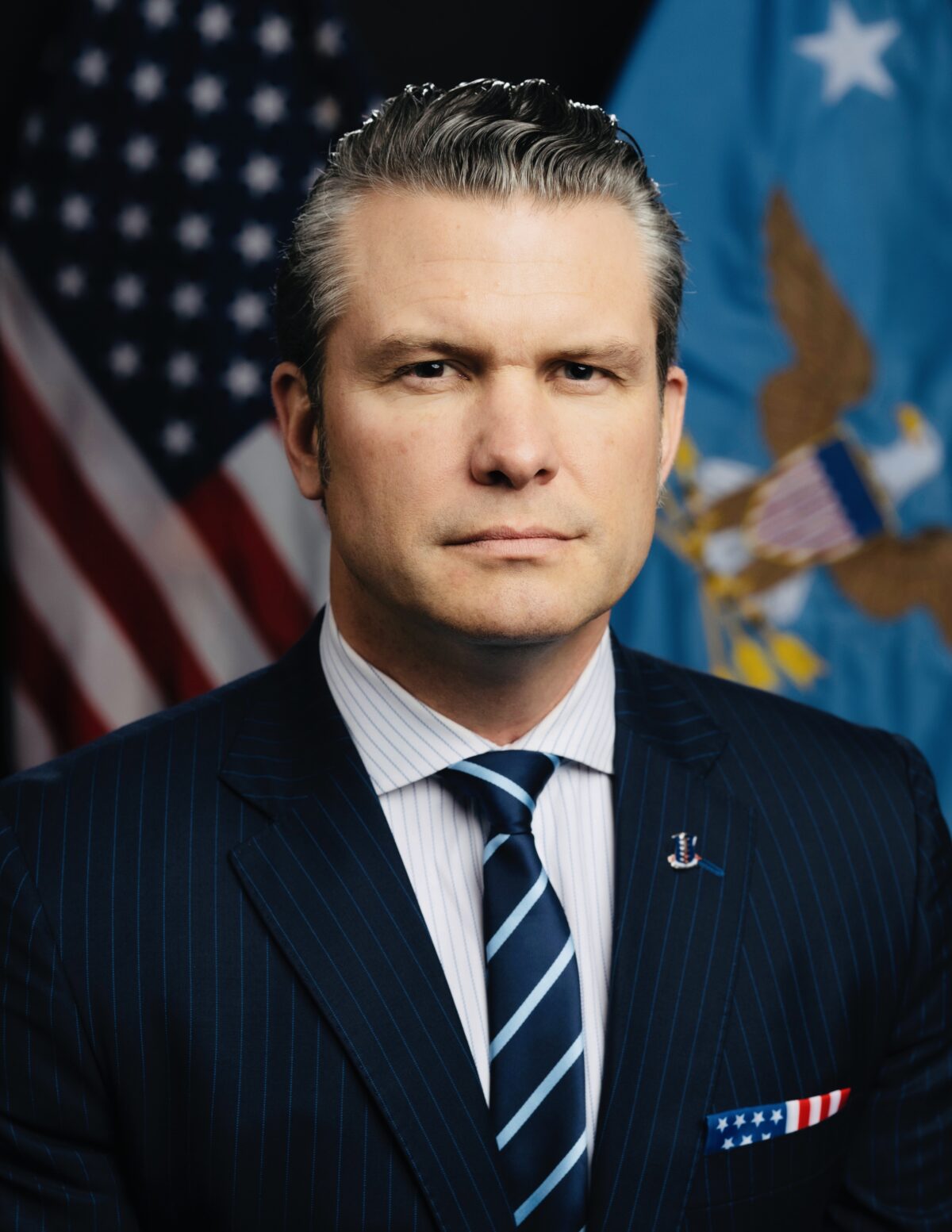In one bold and historic stroke, the United States may well have badly damaged or destroyed the core of Iran’s nuclear program.
Yesterday evening, President Donald Trump launched Operation Midnight Hammer in coordination with Israel. It will probably be the most consequential decision of his presidency and is arguably a turning point in the Middle East.
In a devastating attack that sent shock waves across the region but certainly pleased Israel, seven B-2 bombers dropped 14 bunker buster bombs on Iranian enrichment facilities in Fordow and Natanz, while a submarine force fired some 30 Tomahawk cruise missiles at a nuclear site in Isfahan.
The strikes, involving more than 100 supporting aircraft, took place a few days after Trump said he would need up to two weeks to decide whether to join Israel’s air campaign in Iran.
Trump, who had expressed a preference for diplomacy over war, entered the Israel-Iran war just hours after the Israeli Air Force bombed the Isfahan facility for the second time in a week.
In a brief statement from the White House, Trump said, “Our objective was the destruction of Iran’s nuclear enrichment capacity and a stop to the nuclear threat posed by the world’s No. 1 state sponsor of terror.”
Calling the strikes a “spectacular military success,” Trump claimed that the sites had been “completely and totally obliterated.”

Vice President J.D. Vance was more cautious: I feel very confident that we’ve substantially delayed (Iran’s) development of a nuclear weapon. And that was the goal of this attack.”
Defence Secretary Pete Hegseth was more upbeat, declaring that the bombings had achieved the desired result. “Iran’s nuclear ambitions have been obliterated,” he told a press briefing.

The chairman of the U.S. Joint Chiefs of Staff, General Dan Caine, said that a preliminary battle damage assessment report indicated that all three facilities had sustained “severe damage and destruction,” but that it was still too early to conclude that Iran had been shorn of its nuclear assets.
Israel believes that Fordow has sustained serious damage, but has not been entirely destroyed. Iran may have moved equipment and enriched uranium from the site.
Nonetheless, what seems clear is that Operation Midnight Hammer, in conjunction with Israeli previous attacks on Iran’s nuclear infrastructure since June 13, have altered the political and military landscape of the Middle East.
Iran, Israel’s deadliest enemy and a foe of the United States since the 1979 Islamic revolution, appears to have lost a substantial proportion of its menacing nuclear program. And its allies in the Axis of Resistance, including Hezbollah, have not stopped in to help Iran.
As a result, Iran, long a destabilizing element in the Middle East, has been tremendously weakened and cut down to size drastically as a regional power.
With Operation Midnight Hammer, Iran became the third Muslim nation in four decades to witness the degradation or destruction of its nuclear arsenal. In 1981, Israel bombed Iraq’s nuclear reactor near Baghdad. And in 2007, Israel struck Syria’s nuclear reactor.
Iran may try to rebuild its shattered nuclear facilities, but the chances are that the United States and its chief ally in the Middle East, Israel, will not allow the Iranian regime to embark on that path.
It it possible, of course, that Iran may have a trick up its sleeve.
On June 12, the director of Iran’s Atomic Energy Organization, Mohammad Eslami, claimed that Iran has built a secret enrichment center. “The new site is fully constructed and located in a secure, invulnerable location,” he said. “As soon as centrifuge installation and setup are complete, enrichment will begin.”

Eslami made that announcement after the International Atomic Energy Agency censured Iran for having failed to meet its obligations for transparency under the Nuclear Nonproliferation Treaty.
Iran has yet to retaliate, but Iran’s Islamic Revolutionary Guard Corps warned the United States to “expect regrettable responses.”
Iranian Foreign Minister Abbas Araghchi said that Iran “reserves all options to defend its security interests and people,” but he declined to say whether Iran would retaliate against U.S. military bases in the Middle East. “We have to respond based on our legitimate right of self-defence,” he said. “There are a variety of options available to us.”
Iran, however, bombarded Israel with multiple waves of missile and drone attacks, striking Tel Aviv and Ness Ziona and injuring nearly 90 Israelis. So far, 24 Israelis have been killed in Iranian bombardments. Since Israel attacked Iran in a preemptive strike nearly ten days ago, Iranian ballistic missiles and drones have levelled 240 buildings in Israel, including 2,000 residential apartments, and left 9,000 people homeless.
In Iran, more than 400 people have been killed.
It is an open question whether Iran will make good on its promise to hit U.S. bases in the region in retaliatory strikes.
Last night, Trump threatened further military action if Iran goes through with reprisals and refuses to attend peace talks. “There will be either peace or there will be tragedy for Iran, far greater than we have witnessed over the last eight days,” he warned.
Prime Minister Benjamin Netanyahu, who had urged Trump to strike Iran, was effusive. “Congratulations, President Trump. Your bold decision to target Iran’s nuclear facilities with the awesome and righteous might of the United States will change history,” he said.
“In Operation Rising Lion, Israel has done truly amazing things,” he added in a reference to its own military campaign in Iran. “But in tonight’s action against Iran’s nuclear facilities, America has been truly unsurpassed. It has done what no other country on earth could do. History will record that President Trump acted to deny the world’s most dangerous regime, the world’s most dangerous weapons.”
On the eve of Operation Midnight Hammer, Israeli officials reportedly told the Trump administration that they could not wait two weeks for the United States to coax Iran to dismantle key parts of its nuclear program, and that Israel might well act alone in attacking Fordow.
Iran did not budge.
Araghchi rejected the concept of zero uranium enrichment during a meeting with German, British, French and European Union foreign ministers in Geneva on June 20. He said that Iran would be willing to return to a 3.67 uranium enrichment level, as stipulated by the 2015 nuclear agreement, known as Joint Comprehensive Plan of Action.
And Iran said it would not engage in further talks with the United States unless Israel ceased its air attacks in Iran.
Trump did not agree to Iran’s demand. As he put it on June 20, “I think it’s very hard to make that request right now. Israel is doing well … and Iran is doing less well.” In a direct allusion to Israel, he said, “It’s a little bit hard to get somebody to stop.”
With Iran declining to abandon enrichment, or refusing to negotiate with the United States while under fire from Israel, Trump decided he had no alternative but to strike Iran’s nuclear facilities.
It is a moment that will be remembered for decades to come.
